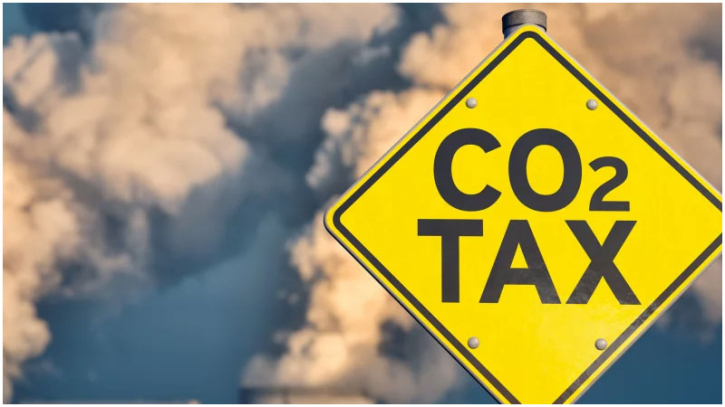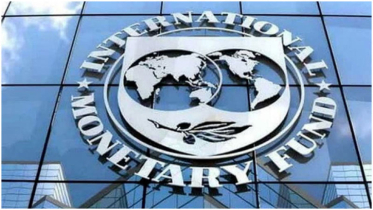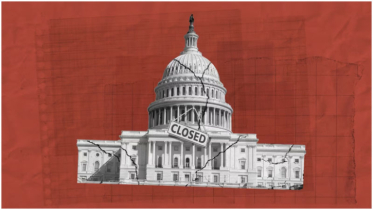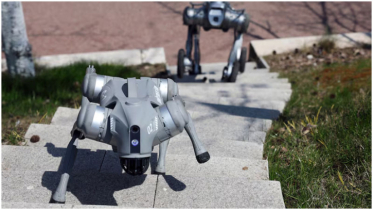How to really deal with climate change?

There is a chasm between two different ways of dealing with climate change.
No, no, let's not start to argue that it isn't happening, or it's not us humans or we don't need to do anything.
Let's just start from the idea that we do have to do something. OK, what?
Which is where the chasm is.
There are those who think that the politicians, the bureaucrats, should draw up grand -- and detailed -- plans for us all to follow. Everyone should install this much solar, that much less coal should be used next year, cars must by law be electric. On and on they plan.
This, obviously, fails at that level of the bureaucrats, the politicians, either knowing what must be planned or even how to plan. The Soviets had lots of really great plans about all sorts of things and yet as 1989 showed, planned economies don't turn out that well.
Well, OK, perhaps some don't know this but as PJ O'Rourke once said about East Germany, the grand genius of socialism was to be able to make even Germans poor.
The other side of that divide are those -- like me -- who say instead, let's make the one intervention, the carbon tax, and then leave markets, capitalism, human greed, and all the things we know do work to take care of the problem. This argument has the benefit that they gave the Economics Nobel to William Nordhaus for explaining this. There is, shall we say, some fairly heavyweight backing for this way of doing it.
The other way to put this is that if the planners get to subsidize, the bureaucrats and politicians hand out money to solve the problem, then everyone with a bright idea about how to steal will do so.
If, on the other hand, we use the opposite system -- only those who begin to solve the problem make money -- then we're more likely to solve the problem.
Which brings us to this from this newspaper: “More than 50% of funds allocated for our national climate projects have been lost to internal malpractice.” Or, to be a little more brutal in language, half the money we're paying to solve climate change -- the largest long-term problem we face -- has been stolen.
So, what do we do about this?
Obviously, the first thing is we find the people who stole the money, take it back off them, and then jail them. I say that years of a daily plate of rice and fish heads would do wonders as an incentive for the next generation of thieves who would like to steal our money.
But how do we change the incentives more generally? We stop climate change being about the government handing out money to projects.
No, let's be honest. We know we'd all like wholly, perfectly, and clearly honest governments.
Are we about to have that? Well, there we are then.
What we need is to turn the necessary action on its head. We stop subsidizing things that might be good. We stop handing out tax money to those with a plan.
Or rather, we stop the politicians and the bureaucrats handing out our money to friends, incompetents, and thieves -- where those differ. Instead we do what the Nobel winner says, we tax those who do bad things -- the carbon tax.
Now yes, people will still lie, cheat, and steal. Because people do. But at the moment, 50% and more of our money spent on this gets stolen. But if we deal with this problem through taxes, not spending, then the worst that can happen is that 50% of the tax that should be collected won't be.
Instead of making not-polluting cheap by giving our money to crooks, make polluting expensive and see if the crooks can dodge the law then.
.png)




